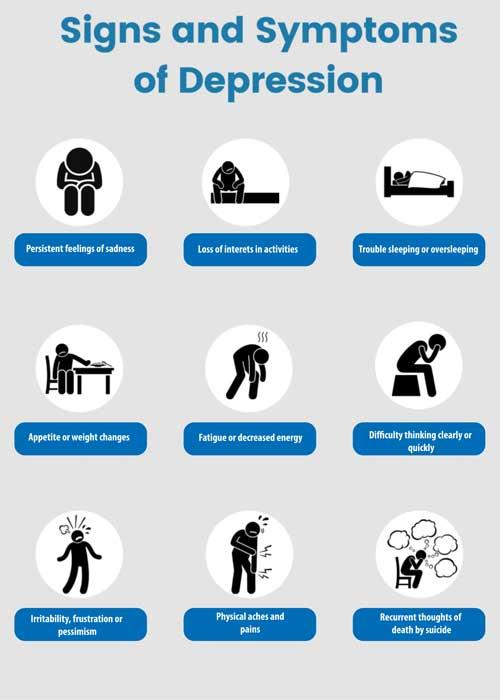Reply To:
Name - Reply Comment
 The ‘new normal’ post COVID came with its own set of challenges. Adjusting to working from home, online classrooms and more engagements in the digital space took a toll on people’s mental health. Not only did it induce more stress and fatigue, but children for example got more addicted to these technological devices.
The ‘new normal’ post COVID came with its own set of challenges. Adjusting to working from home, online classrooms and more engagements in the digital space took a toll on people’s mental health. Not only did it induce more stress and fatigue, but children for example got more addicted to these technological devices.
 At a webinar held to raise awareness on mental wellbeing during the pandemic, Prof. Kalinga Tudor Silva of University of Peradeniya opined that children and adults are prone to having depression and anxiety. “Children are now addicted to telephone games. Adults complaint that their spouses have lost sexual interests. People are under chronic stress.” said Prof. Silva
At a webinar held to raise awareness on mental wellbeing during the pandemic, Prof. Kalinga Tudor Silva of University of Peradeniya opined that children and adults are prone to having depression and anxiety. “Children are now addicted to telephone games. Adults complaint that their spouses have lost sexual interests. People are under chronic stress.” said Prof. Silva
Adding his comments, Clinical Psychiatrist Dr. Nayanananda Kumaranayake said that several steps could change the monotonous pandemic lifestyle. “Do 30-45 minute exercises which will improve B and T cell activities in the body. Be close to family and this will help strengthen bonds between each other. Have more proteins such as eggs and this will reduce muscle stress. It also improves immunity. Drink 2 litres of water every day. If you have a sweet drink the cells will feel more fatigued. “Shoulder pain is one of the symptoms of stress,” Dr. Kumaranayake further said. “More cortisol will secrete in huge amounts and the sympathetic nervous system will activate. A lot of blood will flow into the muscles. The scalp will also get a good blood supply but if more blood flows it will get congested and the head will feel heavier. Due to stress you will be unable to sleep and will also experience anger management problems. Depression is the most common problem in the world so before you consult a psychiatrist try speaking to a friend. If symptoms continue you can consult a psychiatrist,”
he said in conclusion.